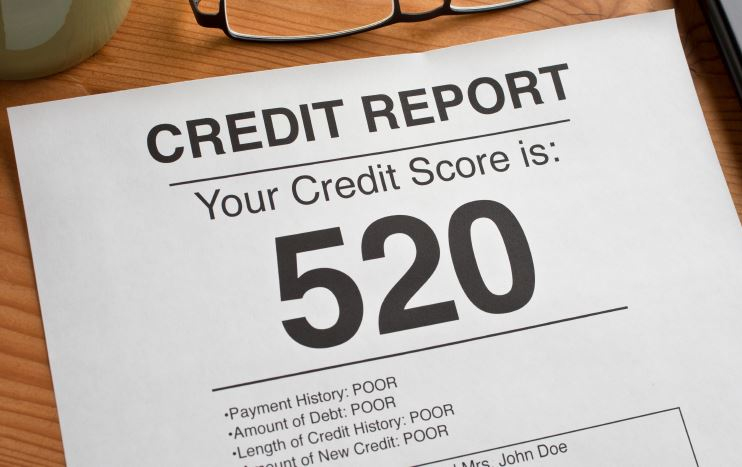Many people are oblivious to the importance of a good credit score until the need arises… at which point it is too late. The awakening could come when you have to move out of a parent’s basement, or take out a loan for a car or startup. The tricky part about boosting your credit score is it doesn’t come overnight, or even after a few months. You have to plan strategically and build up your finances over time. Boost your credit score incrementally using these three simple tips.
Pay Bills Promptly

At the very least adopt the habit of writing down due dates on your monthly bills so you have a reminder of when you should be making payments. Even better, you can schedule automatic payments through your bank or enroll in an online program that automatically deducts money from your bank account to pay for the bills. That way you won’t be charged late fees. If the amount you owe varies month by month, you can set the automatic payment to be the whole amount or the minimum (and then change it to pay more before it comes due) but if you forget at least the minimum is paid, so your account isn’t delinquent.
Eliminate Debt
Of course it is best to pay credit cards off every month which eliminates interest payments and gives you more money to pay your other bills. But if you are already in debt, reduce your debts by making extra payments whenever possible, no matter how small. Although, it’s easier said than done for people with tight budgets, but it is perhaps the most crucial step to building a respectable credit score.
Request a credit report and use it to make a list of all your bank accounts and statements to determine how much debt you owe, and what interest rates they are charging you. If you’re planning to buy a home, determine beforehand how much you can afford for the monthly mortgage payments. Most mortgage companies have online tools and calculators you can use to help. For instance, Premium Mortgage Corp has calculators to help determine your payments, whether you should buy “points”, whether a 15 or 30 year mortgage is better for you, whether you should go with fixed or adjustable mortgages, etc.
Don’t Overdo It
Sometimes, it’s better to let your credit score improve on its own. Intervening with risky and desperate steps can often do more harm than good. Suddenly paying less or charging more than you normally do can dent your overall score. Other changes that may signal a red flag from your card issuers include securing cash advances or payday loans, and using your plastic at businesses that suggest financial troubles.
Collecting good credit is easier than rebuilding it. In fact, there is no actual way to rebuild your credit score once tarnished. You can only rebuild the history that is then reflected by your credit score. There are many factors that contribute to how much time is needed to rebuild credit history, including the reason behind the sudden shift in score. For instance if you lost your job but then got another one, your credit score might take a temporary hit… but if you are consistently late paying bills, creditors just think you are unreliable.
You might also like:



